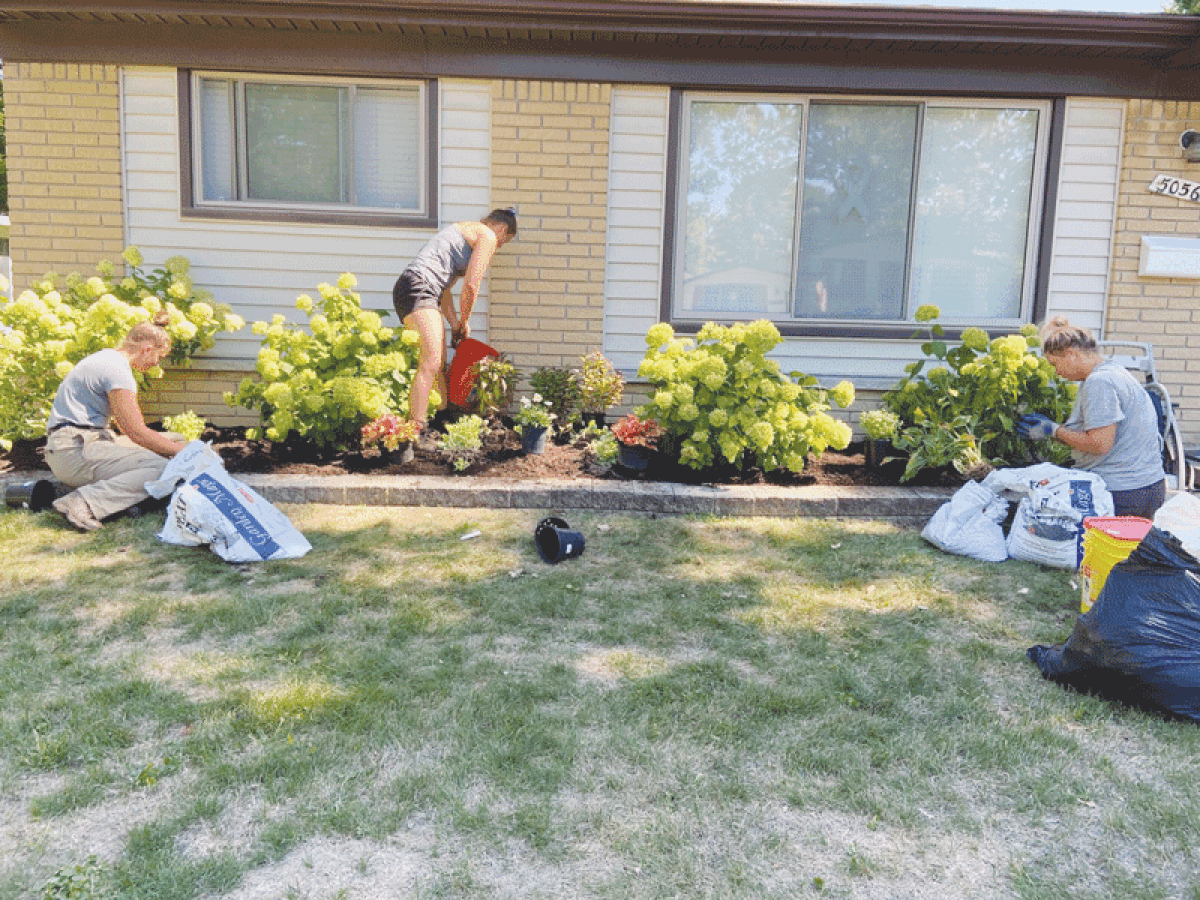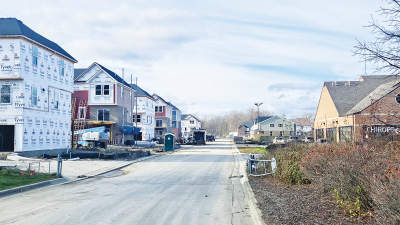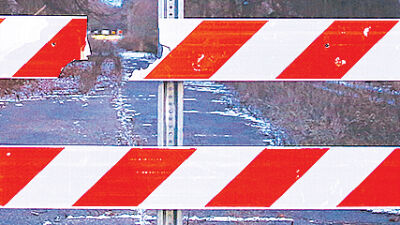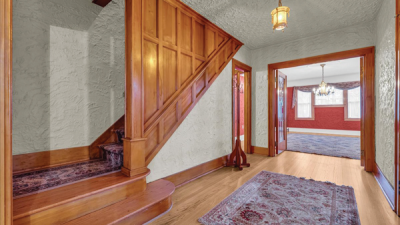METRO DETROIT — Planting new trees, bushes, shrubs and flowers can really brighten up a landscape and boost curb appeal, but knowing when to plant them is the key to having a thriving yard.
When timed right, planting additions can result in long-lasting landscaping; however, when timed wrong, you could be planting your hard-earned money to rest forever.
The key is to know what season and weather are best for new plants.
Linda Pelloni, the director of the Shelby Gardeners Club, said fall is the best time to plant.
“When adding trees and shrubs to your landscape, planting in the fall offers several benefits. It’s an ideal time for you, as all the hard gardening work of spring and the upkeep of summer will be winding down — plus it’s the best time for the tree,” Pelloni said in an email interview.
She said Marianne Willburn, gardening expert and author, says that the following are best to plant in the fall: butterfly bush, hydrangea, forsythia, beauty berry, viburnum and more.
“A shrub by definition is a woody, multi-stemmed plant, either deciduous or evergreen, that can grow from just a few inches high to over ten feet tall. Cooler air temperatures in the fall give freshly planted trees and shrubs a better chance to develop healthier root systems more rapidly than those planted in hotter months,” Pelloni said.
She said the recommended time for moving trees and shrubs is during the dormant season. Early spring is generally the best time to transplant; conditions should be ideal for rapid root growth. Digging should be done when the soil is moist and when the plant is not under moisture stress.
Jennifer Ott, of My Thyme Gardens, which serves Macomb and Oakland counties, said autumn is the perfect time to nurture your green space by planting trees and shrubs. While early spring has its charms, fall planting comes with distinct advantages.
“Unlike the summer heat, fall provides milder temperatures, reducing the stress on newly planted trees and shrubs. Planting in the fall gives them a head start on establishing strong root systems before winter arrives,” she said in an email.
Ott said the soil is still warm from summer, offering an ideal environment for root growth. If a plant is planted during the summer heat, it will quickly dry out, turn a brown or orange color and die.
“Fall planting ensures your green additions have time to acclimate before the snow blankets the ground. The sweet spot for planting trees and shrubs is six to eight weeks before mid to late December, typically from early September through mid-October. Take advantage of fall sales at your local nurseries for the best deals,” she said.
She said that when choosing your green additions, think beyond aesthetics and consider their impact on the local ecosystem.
“For example, planting an oak tree not only provides shade but supports a staggering 2,300 species, including various birds, fungi, invertebrates, and mammals. Opt for native species like inkberry over less resilient options like boxwood. Inkberry’s berries offer sustenance to birds and small mammals and serve as host plants for moths. In contrast, boxwood can attract pests like leaf miners and spider mites,” Ott said.
The challenge lies in finding species that blend beauty with biodiversity, offering homes and food to beneficial insects and pollinators.
“Remember, trees and shrubs are your allies in reducing energy consumption. They can save up to 25% of a household’s heating and cooling energy. They also lower surface temperatures on driveways and sidewalks, reduce lawn maintenance and the need for harmful chemicals and fertilizers, and create peaceful, dust-free environments,” Ott said.
For more information, garden coaching or to contact Ott, visit mythymegardens.com or call (586) 255-4386.
 Publication select ▼
Publication select ▼















